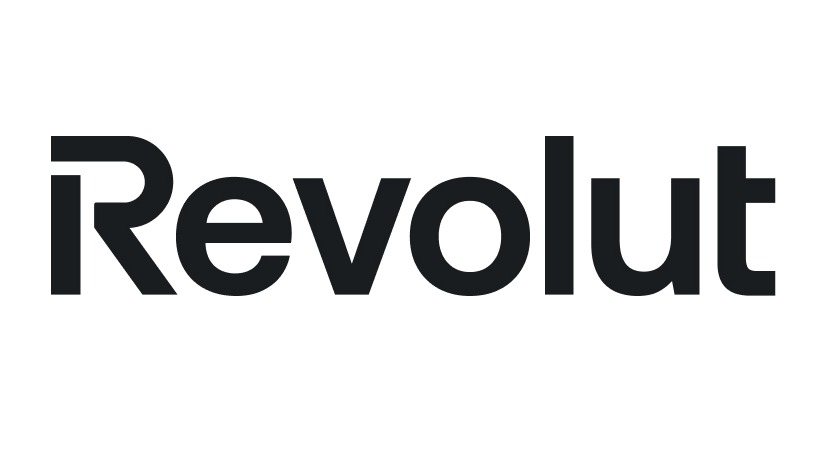Dutch bank ABN Amro has rolled out new technology to monitor transactions and flag suspicious activity across its global trade finance operations.
On Tuesday, Holland’s third largest bank announced it had gone live with Norweigan software vendor CBA’s IBAS transaction due diligence software for trade finance transaction monitoring and compliance.
The move comes after ABN Amro's chief executive Robert Swaak, who will not be returning for a second term, said earlier this month that the bank needs to focus on its efforts in "data capabilities, digitalisation and regulation".
The bank says that the new technology allows it to immediately detect unusual behaviour, helping it meet its aim to combat financial crime and ensure "full compliance with national and international regulation."
It also forms part of its wider plans to automate and digitalise its trade financial processes.
“There are lots of new requirements and demands on the trade finance industry for which we have relied on our close partnership with CBA in evolving IBAS to meet the constant changes and complexity inherent in this area of our business,” said Frans Westdorp, product owner trade finance, ABN Amro. “By automatically monitoring all trade finance transactions for consistency against the historical information available for each customer and counterparty within IBAS, we can quickly flag up anything suspicious that requires investigation and show a complete audit trail for each transaction every step of the way.”
ABN Amro says that the new technology will enable it to keep up with Dutch regulatory requirements, as well as all relevant international regulations in order to mitigate against fraud and suspicious activity and meet the requirements of all internal and external auditors.
The rollout builds on the bank's existing partnership with CBA, after the organisations signed a five-year agreement in 2023.
Earlier this month, ABN Amro reported net profit of €642 million and 10.8 per cent return on equity in its second quarter, which it said was driven by improved net interest income and net impairment releases.
"The second quarter marked another strong quarter for ABN Amro, both with regard to our financial results and also in delivering better services and products, and supporting clients in their sustainability transition," said the bank's outgoing chief executive at the time.
ABN Amro also announced in its financial results that it had launched an in-house version of ChatGPT for all of its staff.
Last year, the bank's chief commercial officer, personal & business banking revealed that the Dutch bank was scaling up ChatGPT in its call centres.
Annerie Vreugdenhil – who is also a member of the executive board at the bank – told delegates at Money 2020 Europe that the organisation had been trialling ChatGPT across 20 contact centre agents.
Traditionally, agents at the bank have taken notes during a customer call to produce a summary afterwards. The bank is now using ChatGPT to create these summaries, with the agents simply checking they are accurate afterwards.
Latest News
-
Gemini to cut quarter of workforce and exit UK, EU and Australia as crypto slump forces retrenchment
-
Bank ABC’s mobile-only ila bank migrates to core banking platform
-
Visa launches platform to accelerate small business growth in US
-
NatWest to expand Accelerator programme to 50,000 members in 2026
-
BBVA joins European stablecoin coalition
-
eToro partners with Amundi to launch equity portfolio with exposure to ‘megatrends’
Creating value together: Strategic partnerships in the age of GCCs
As Global Capability Centres reshape the financial services landscape, one question stands out: how do leading banks balance in-house innovation with strategic partnerships to drive real transformation?
Data trust in the AI era: Building customer confidence through responsible banking
In the second episode of FStech’s three-part video podcast series sponsored by HCLTech, Sudip Lahiri, Executive Vice President & Head of Financial Services for Europe & UKI at HCLTech examines the critical relationship between data trust, transparency, and responsible AI implementation in financial services.
Banking's GenAI evolution: Beyond the hype, building the future
In the first episode of a three-part video podcast series sponsored by HCLTech, Sudip Lahiri, Executive Vice President & Head of Financial Services for Europe & UKI at HCLTech explores how financial institutions can navigate the transformative potential of Generative AI while building lasting foundations for innovation.
Beyond compliance: Building unshakeable operational resilience in financial services
In today's rapidly evolving financial landscape, operational resilience has become a critical focus for institutions worldwide. As regulatory requirements grow more complex and cyber threats, particularly ransomware, become increasingly sophisticated, financial services providers must adapt and strengthen their defences. The intersection of compliance, technology, and security presents both challenges and opportunities.
© 2019 Perspective Publishing Privacy & Cookies













Recent Stories